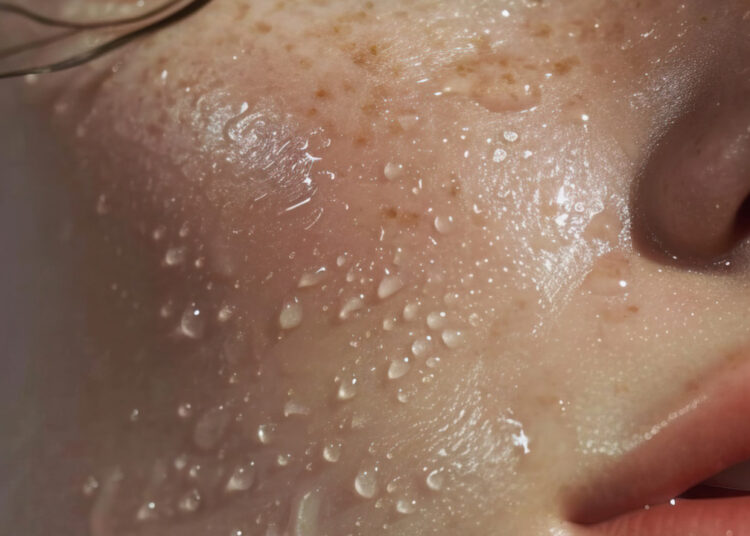The concept of wetness is immediately recognizable in everyday life; we experience this sensation when we dip our hands in water or when rain caresses our skin. However, our bodies do not have a special receptor that produces this feeling on its own. There is no mechanism that detects wetness solely by itself, like the eyes detecting light or the ears detecting sound. So then, how does this sensation occur?
Actually, wetness is a perception created by our brain by combining different sensory information. Our skin contains receptors that detect stimuli such as temperature, coldness, and tactile pressure. When a liquid comes into contact, it causes an immediate temperature change along with pressure. Especially Coolness triggers the sensation of wetness in the brain, which is why touching a cold surface can sometimes create the perception of “being wet.” When the temperature rises, this response quickly diminishes because the coolness associated with wetness disappears.
Another interesting example is mercury. Despite being a liquid, it does not leave a wet sensation like water on our hands. There are a few reasons for this: first, its surface tension is very high; mercury prefers to stay in droplets and does not spread quickly over the skin. Therefore, it does not create a “wrapping” feeling of contact. Additionally, its thermal conductivity is different. Water rapidly cools the skin, contributing to the feeling of wetness; mercury, on the other hand, has a different heat transfer property, and our brain does not label this sensation as wetness. Finally, tactile differences come into play: while water spreads in thin layers, mercury flows in small droplets, which alters the sensation.
As seen, wetness is not an independent sensation; it emerges as a brain perception resulting from the combination of coolness, pressure, and tactile feedback. Our brain integrates these signals and concludes “you are wet right now.” For this reason, sometimes a dry surface can feel wet, or a liquid like mercury may not cause any sensation of wetness at all.









